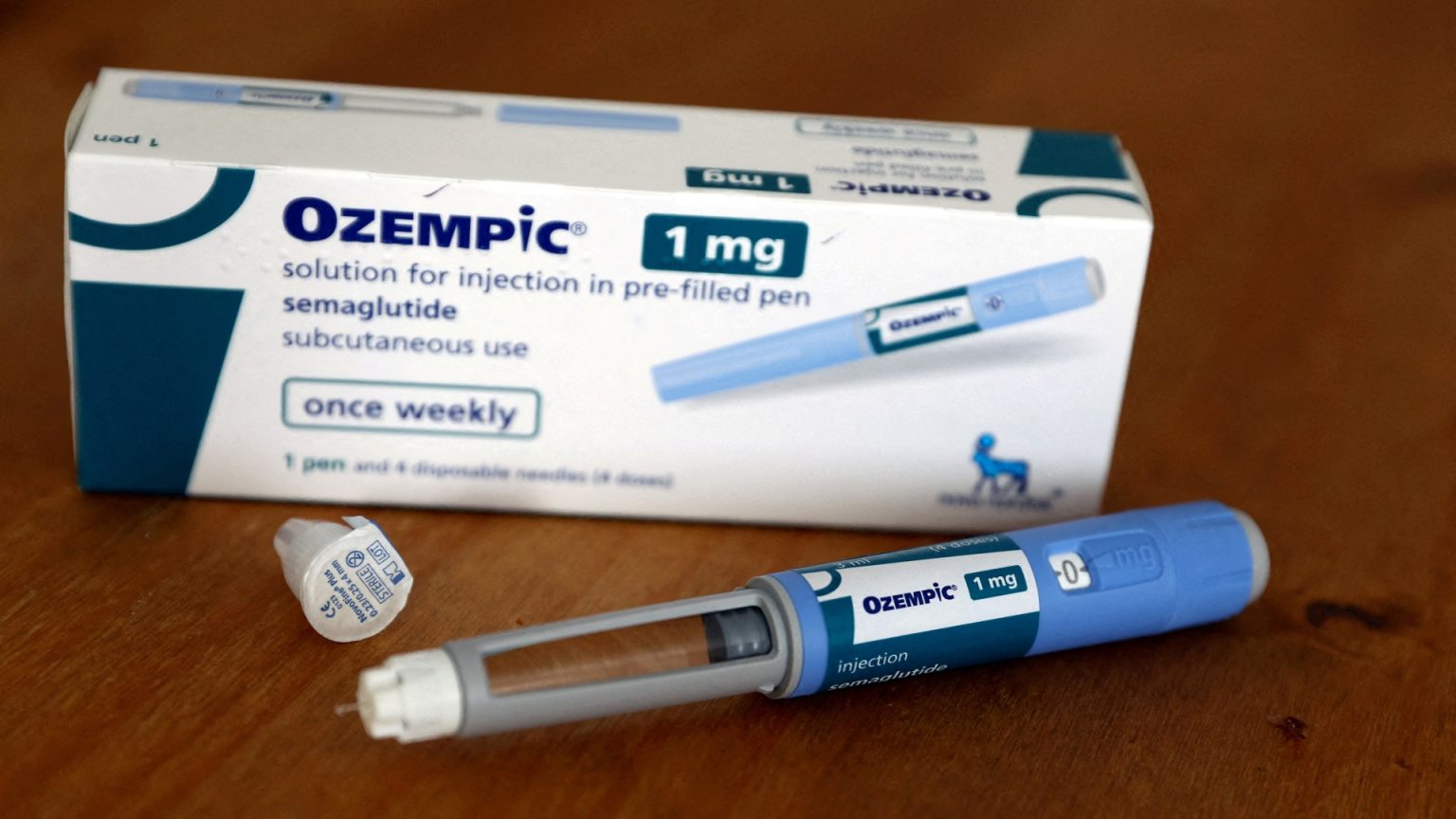Akshay Sennik, a 30-year-old pharmacy technician, exploited his position at New Cross Pharmacy in Lewisham, South East London, to orchestrate a black market operation involving the highly sought-after weight loss drug, Ozempic. Between September 2023 and March 2024, Sennik pilfered Ozempic pens from the pharmacy’s stockroom and illicitly sold them to individuals seeking a shortcut to weight loss, capitalizing on the drug’s growing popularity and limited availability. His actions represent a breach of trust and a violation of ethical standards within the pharmaceutical profession.
Ozempic, originally developed to treat type 2 diabetes, gained significant attention and demand after demonstrating its effectiveness in suppressing appetite and facilitating weight loss. This led to its approval for use in morbidly obese patients in the UK in September 2023. The drug’s efficacy, coupled with endorsements from high-profile figures, including former Prime Minister Boris Johnson, fueled a surge in demand, creating a fertile ground for black market activities like Sennik’s. The drug’s prescription-only status in Britain further contributed to the desirability of illicitly obtained supplies.
Sennik’s illegal operation was uncovered after pharmacy staff noticed discrepancies in Ozempic stock levels, leading them to report the matter to the Metropolitan Police. This investigation culminated in Sennik’s arrest and subsequent guilty plea to one count of theft by an employee at Bexley Magistrates’ Court in November 2023. A separate charge related to handling a stolen bank card was later discontinued by prosecutors. Sennik, who also goes by the name Ash, now faces a potential prison sentence of up to two years for his illicit activities.
The case against Sennik marks the first known instance of someone being charged with stealing Ozempic. The value of the stolen medication has not yet been formally established, and while each Ozempic pen can fetch a price as high as £175, the precise extent of Sennik’s financial gains remains a point of contention. The prosecution and defense are expected to reach an agreement regarding the quantity of stolen Ozempic and the duration of Sennik’s illicit activities before his sentencing hearing on April 3. This negotiation will likely play a significant role in determining the severity of his punishment.
Sennik’s actions stand in stark contrast to his previously expressed pride in working within the healthcare sector. In online posts, he had emphasized the challenges and rewards associated with frontline healthcare work, portraying himself as a dedicated professional. This dissonance between his public persona and his criminal behavior underscores the complexity of the case and raises questions about the motivations behind his actions. His parents, a retired GP father and a medical secretary mother, declined to comment on the situation, leaving the public to speculate on the underlying factors that led their son down this path.
This case highlights the potential for criminal exploitation within the pharmaceutical industry, particularly when high-demand medications like Ozempic are involved. The limited availability and high cost of such drugs create a lucrative black market, attracting individuals willing to engage in illicit activities for financial gain. Sennik’s case serves as a cautionary tale, underscoring the importance of robust inventory control measures and stringent ethical standards within pharmacies to prevent similar incidents from occurring in the future. Furthermore, it emphasizes the need for increased public awareness about the risks associated with obtaining medications from unauthorized sources and the potential health consequences of using drugs without proper medical supervision.











